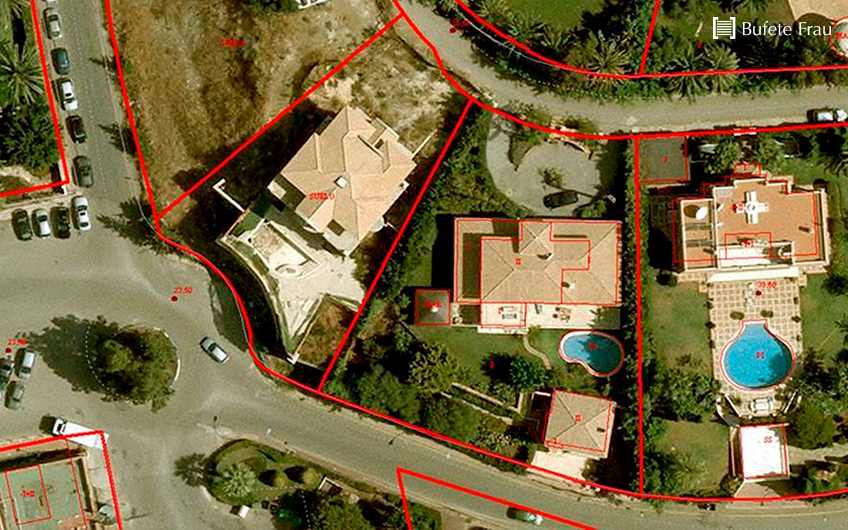
We all know that for constructions and for works to enlarge a building, a building permit is always required. Building permits are delivered by the City Hall upon a report issued by the Consell Insular. In case somebody carries out a construction without the required building permit from the City Hall, his conduct will entail significant negative consequences. The best-known consequence is levying monetary fines by the City Hall or the Consell Insular together with a demolition order, when the works carried out were of a non-permissible nature. But … is this all?

No. In fact, this is not all. In addition to the administrative fine as defined in the LOUS, a criminal prosecution could be ordered. Article 319.2 of the Criminal Code provides that „owners-builders, constructors or technical staff carrying out construction works, constructions or buildings on land where obtaining a building permit is not allowed, are punishable by imprisonment for 1 to 3 years, a fine equivalent to 12 to 24 monthly rates, (except when the benefit generated by such criminal offense exceeds the amount of the fine established on this basis, in which case the fine will be set up to an amount that equals such benefit, up to an amount that triples such benefit) and special disqualification to exercise the profession or the occupation for a period of one to four years”.
Who is subject to such penalties?
Only the owner-builders, constructors and technical staff with a direct involvement in the construction. Consequently, if you buy a property on agricultural land with extant, non-permissible constructions on it, you may not be prosecuted criminally, although you may be subject to an administrative penalty, like a monetary fine or a demolition order.
What means non-permissible constructions?
The term refers to constructions for which a building permit could have never been obtained and not to constructions carried out without a building permit. Hence, when the construction is illegal, but a building permit can still be obtained, then we are not confronted with a criminal offense, but with an administrative infraction. However, in case where the illegality cannot be overcome, then we may be dealing with a deed that qualifies as a criminal act.
What are the consequences of a conviction for this criminal offense? Article 319, par. 2, 3 and 4 of the Criminal Code
– Imprisonment for 1 to 3 years
– Fine equivalent to 12 to 24 monthly rates (the fine will be calculated on the basis of a daily penalty that is established due consideration being given to the economic power of the wrongdoer multiplied by 30 and the number of months); however, the fine could be higher, in case the benefit generated by such illegal construction exceeds the amount of the fine established on the basis of the described calculation; in this case the fine will be set up to an amount that triples such benefit).
– Special disqualification to exercise the profession or the occupation for a period of 1 to 4 years.
– Demolition of the construction and replacement to the original physical state that was altered at the expense of the convicted individuals. This provision is subject to the free evaluation of the judge who will take into consideration the seriousness of the facts. This decision must be motivated.
– In any case, forfeiture of the benefit obtained.
– If a corporation is liable, the monetary penalty will be fixed at 1 to 4 years, except where the benefit generated by such illegal construction exceeds the amount of the fine established on the basis of the described calculation; in this case the fine will be set up to an amount that doubles or multiplies by four such benefit, without prejudice to other liabilities (art. 33.7 b to g of the Penal Code), as for instance the winding up of the corporation or the declaration of ineligibility of the corporation for receiving subsidies.
What duration for the criminal liability?
5 years after the end of the construction.
What if I did not know that the construction was illegal?
It is necessary that the author is aware of his illegal conduct, or, at least, that he is aware of the likelihood that he is not allowed to carry out the construction works.
Negligence is excluded as a factor for this crime.
It goes without saying that we are confronted here to a complex criminal offense and that each case deserves a thorough analysis. It is clear that it is necessary to be cautious and to follow comprehensively all legal provisions. If you intend to build on your agricultural land, you should always request information and advice from a specialized lawyer and architect. In case of doubts, do not hesitate: call up our team of experts by means of an e-mail to info@bufetefrau.com.







